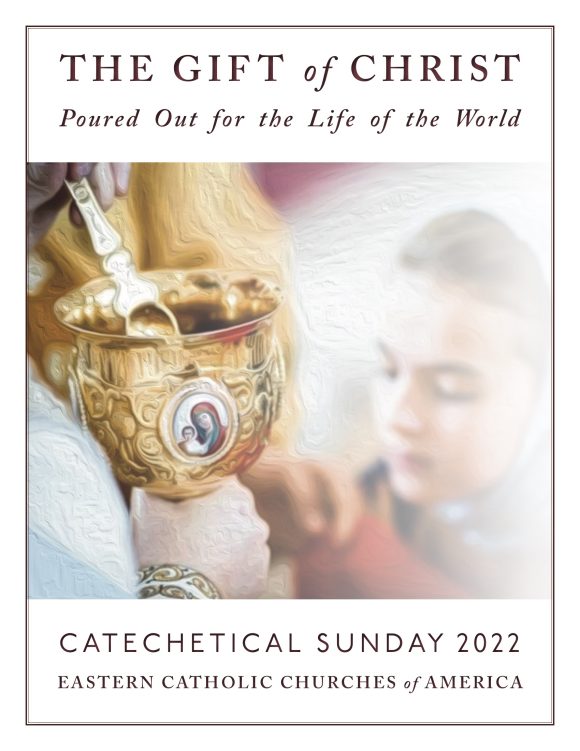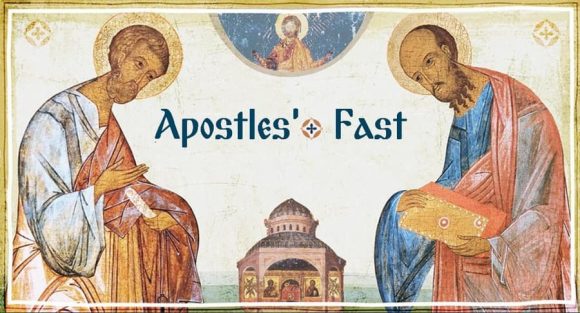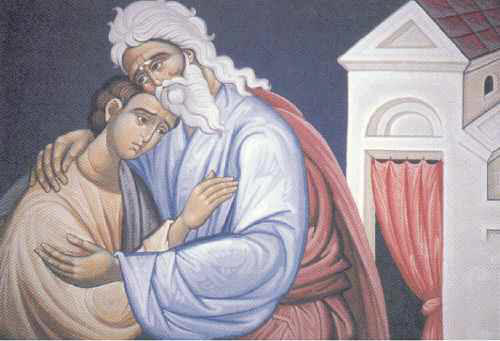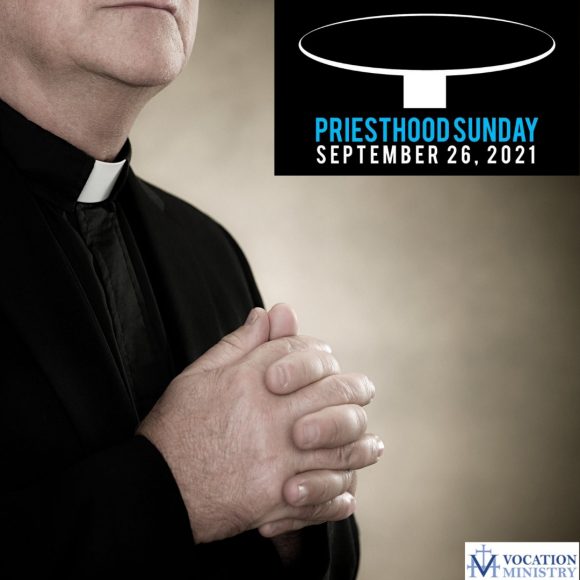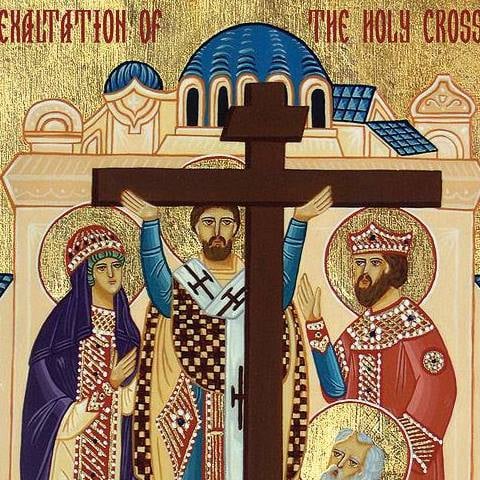“The beginning of the New Ecclesiastical Year urges us to sanctify the time of our earthly life as a time of salvation.”
– Patriarch Daniel
September 1st is known as the first day of the New Liturgical Year for those who follow the Byzantine Church. It’s an observance we had since the 4th century. Here is Father David Petras’ brief explanation:
We call this the “Church” New Year, but it was, of course, the civil New Year of the Byzantine Emperor. The book, Mapping Time, by E. G. Richards, says, “In AD 312 Constantine had instituted a 15-year cycle of indications (censuses of people’s ability to pay taxes). These started on 1 September …. The Byzantine year started on 1 September and this system was used by the supreme tribunal of the Holy Roman Empire until it was abolished by Napoleon in 1806.” The ancient Roman Empire began the year on January 1, and therefore September was the seventh month (from the Latin word for seven, “septem”). Of course, it is now the ninth month (!) Because of the interpolation of July (for Julius Caesar) and August (for August Caesar). Many seriously advocate making September 1 the New Year again, because, after all, this is the beginning of the school year and fall programs. It would also enable people to get home on dry roads rather than on snow and ice.
In any case, the gospel today has the blessing of our Lord on the New Year, “The Spirit of the Lord is upon me, because he has anointed me to bring glad tidings to the poor. He has sent me to proclaim liberty to captives and recovery of sight to the blind, to let the oppressed go free, and to proclaim a year acceptable to the Lord” (Luke 4:18-19).
Blessings for a New Church Year, which we start today in our Greek Catholic Church!
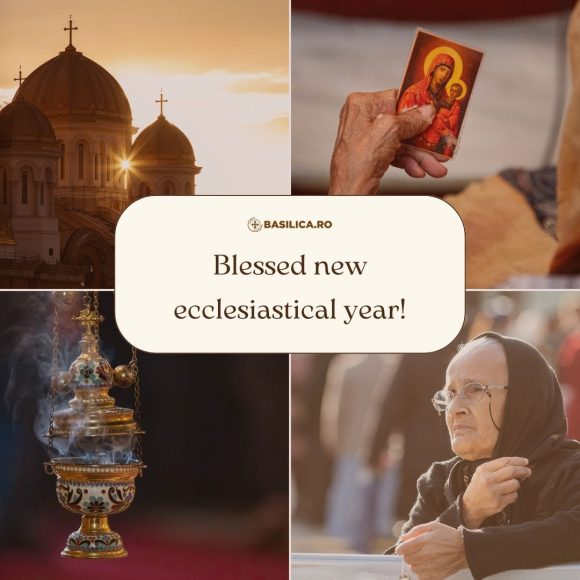
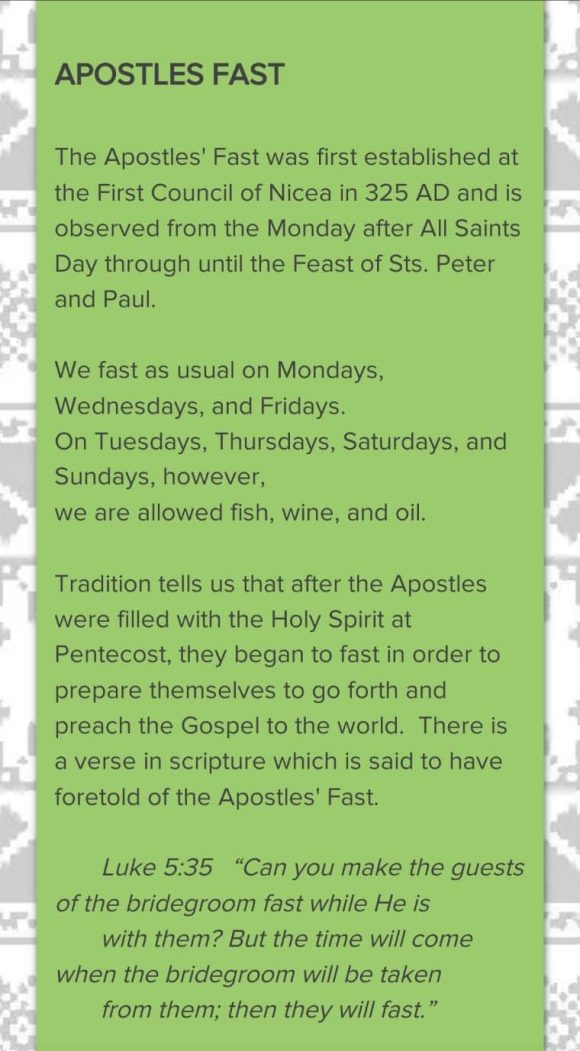
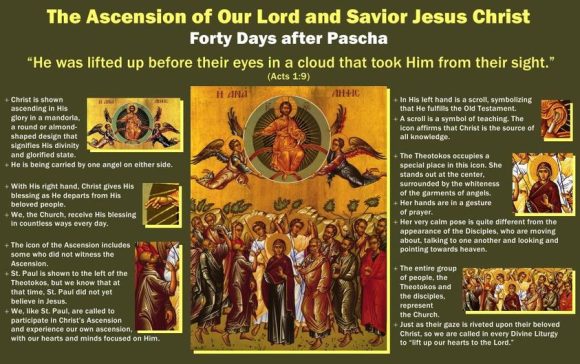
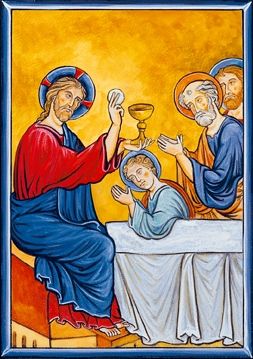
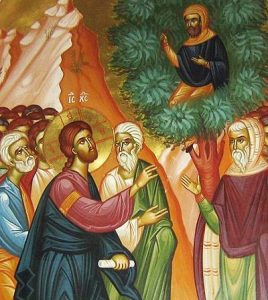 Though there is no special office for this Sunday, it is commonly seen as the beginning of our preparation for the Feast of our Lord’s Resurrection. Today we must be Zacchaeus. When Jesus came to Jericho, “Now a man there named Zacchaeus, who was a chief tax collector and also a wealthy man, was seeking to see who Jesus was; but he could not see him because of the crowd, for he was short in stature. So he ran ahead and climbed a sycamore tree in order to see Jesus, who was about to pass that way.” Today is where we start our search for God, who is coming to take away the sin of the world. Today we must be filled with the desire to see God, as was Zacchaeus. Today we must acknowledge our sins, for Jesus is coming to our church, today he is coming into our homes, more exactly, into the home of our heart. What a contrast between Zacchaeus and the Blind Man of Jericho who could not see and begged Jesus for sight.
Though there is no special office for this Sunday, it is commonly seen as the beginning of our preparation for the Feast of our Lord’s Resurrection. Today we must be Zacchaeus. When Jesus came to Jericho, “Now a man there named Zacchaeus, who was a chief tax collector and also a wealthy man, was seeking to see who Jesus was; but he could not see him because of the crowd, for he was short in stature. So he ran ahead and climbed a sycamore tree in order to see Jesus, who was about to pass that way.” Today is where we start our search for God, who is coming to take away the sin of the world. Today we must be filled with the desire to see God, as was Zacchaeus. Today we must acknowledge our sins, for Jesus is coming to our church, today he is coming into our homes, more exactly, into the home of our heart. What a contrast between Zacchaeus and the Blind Man of Jericho who could not see and begged Jesus for sight.